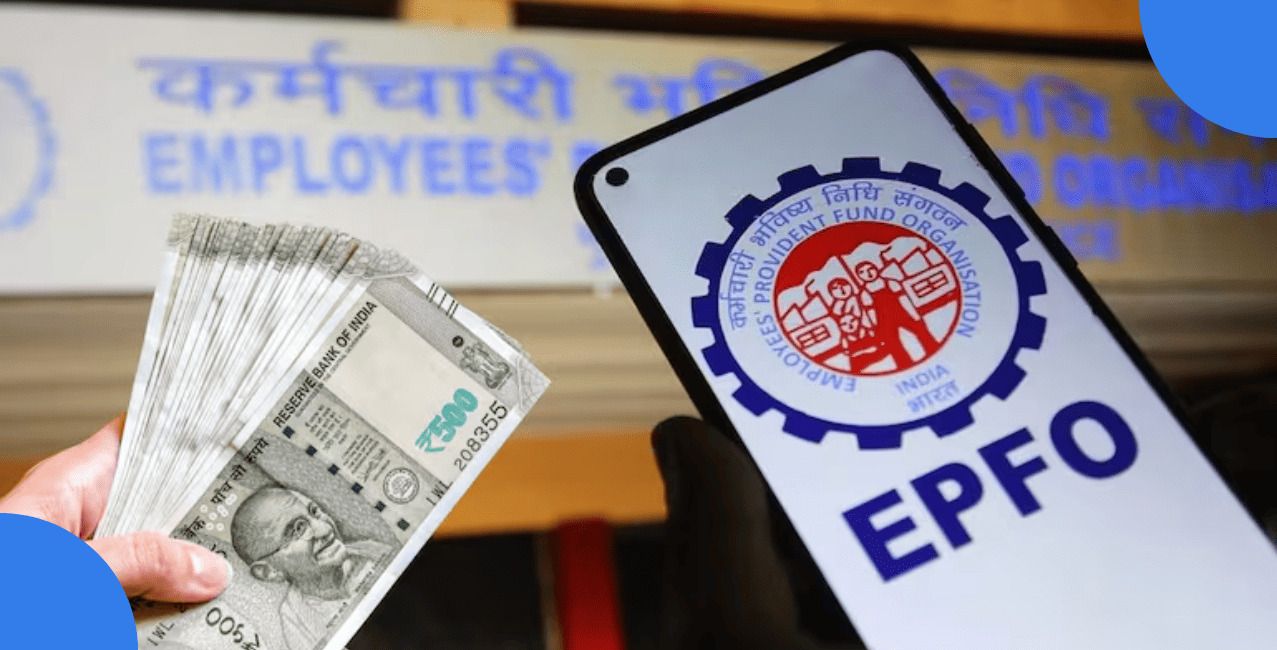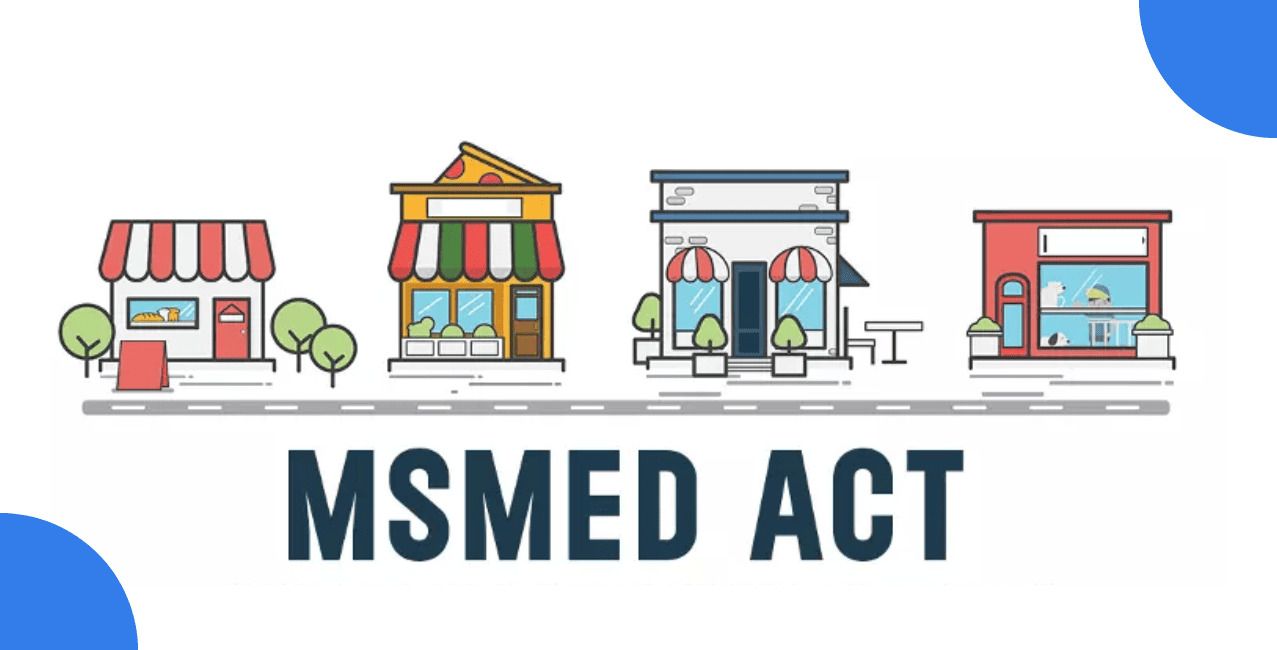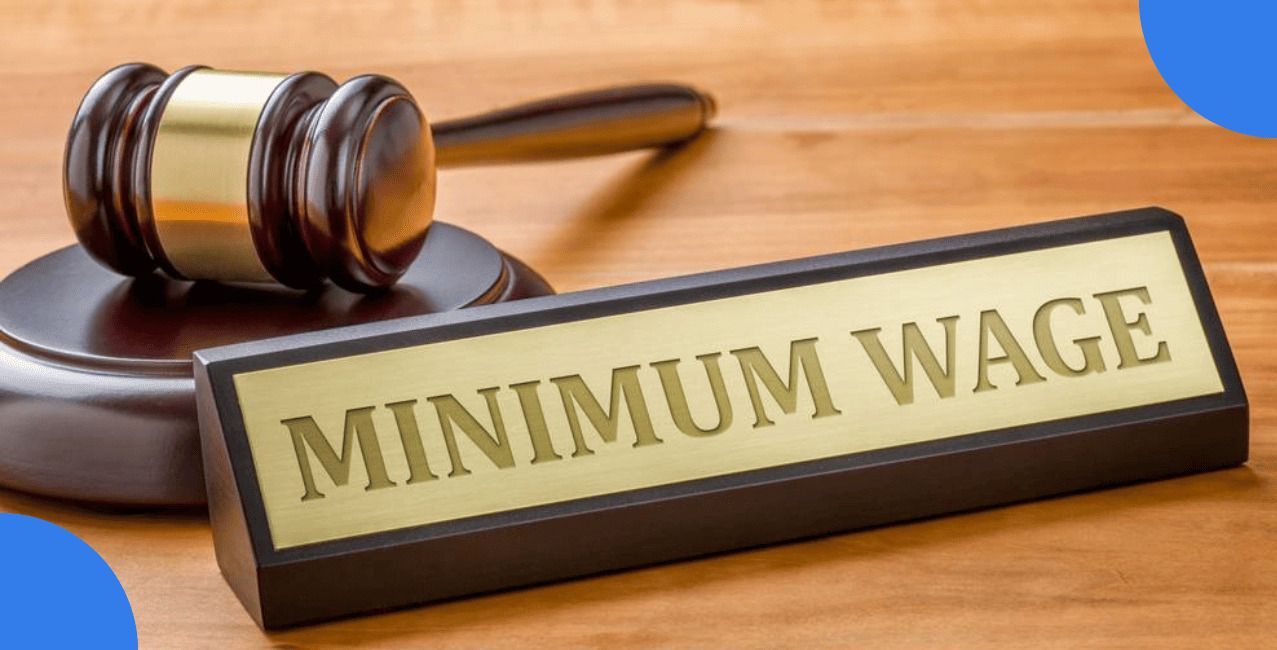What is Taxation: Definition, Types & Importance in Economic Policy
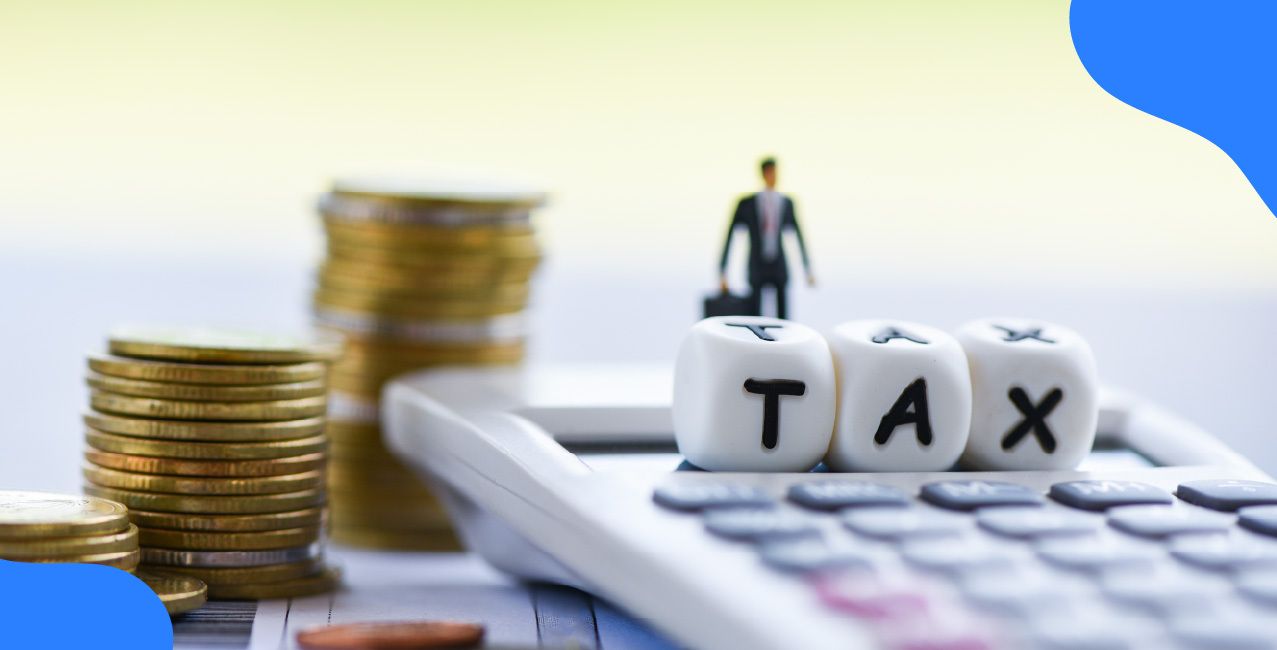
Check Your Loan Eligibility Now
By continuing, you agree to LoansJagat's Credit Report Terms of Use, Terms and Conditions, Privacy Policy, and authorize contact via Call, SMS, Email, or WhatsApp
Taxation is a compulsory payment that the government collects from people or businesses to fund public services. It is not linked to any direct benefit that the taxpayer receives.
Sapna runs a small home bakery in Delhi and earns ₹12,00,000 a year. She pays ₹1,50,000 as income tax based on the government’s tax rules. She also collects ₹1,00,000 in GST from her customers when they buy her baked goods and pays it to the government. The income tax is a direct tax taken from her earnings, while GST is an indirect tax added to the price her customers pay. In both cases, Sapna helps fund things like roads, schools, and hospitals, even though she doesn’t get any direct service in return.
In this blog, you’re going to learn about the different types of taxes and why taxation plays a vital role in shaping a country’s economic policy.
Types of Taxes: Direct vs Indirect & Common Categories
Governments use two main types of taxes to collect money: direct taxes and indirect taxes. Each type affects people and businesses in different ways. The table below shows the key differences and common examples of both.
As shown above, direct taxes are paid by people or businesses based on what they earn or own, while indirect taxes are included in prices and paid when we buy things. Both types help the government fund roads, hospitals, education, and more.
Economic Objectives and Policy Importance
Taxation helps governments achieve important goals that support a country’s economy. Here are the key objectives:
- Revenue Mobilisation for Public Services: Governments collect taxes to fund roads, hospitals, schools, defence, and social welfare. For example, income tax and GST together can contribute 25–30% of a country's GDP in revenue.
- Income Redistribution and Fairness: Progressive taxes make the rich pay a higher rate than the poor. This helps reduce inequality and supports low-income families through subsidies and welfare. For example, someone earning ₹10,00,000 may pay 20% tax, while someone earning ₹2,00,000 pays zero or 5%.
- Resource Allocation and Behaviour Change: The government uses special taxes to influence how people and companies behave. These include Pigovian taxes like carbon tax (to reduce pollution) and excise duty on cigarettes or alcohol (to reduce harmful consumption). For example, a carbon tax of ₹500 per tonne of emissions makes polluting industries pay more and look for greener options.
- Macroeconomic Stabilisation: Taxes help control inflation and boost demand. During inflation, higher taxes reduce spending; in a slowdown, tax cuts put more money in people’s hands. For example, reducing GST from 18% to 12% during a recession can increase household spending and support businesses.
Example:
The government collects ₹30,000 crores in taxes in one year:
- ₹20,000 crores from income tax
- ₹10,000 crores from GST
From this:
- ₹8,000 crores go to welfare schemes for low-income families.
- ₹5,000 crores come from carbon and tobacco taxes, which help reduce pollution and health risks.
- During inflation, the government increases income tax rates by 2%, pulling back ₹2,500 crores from the economy.
- In a recession, the government reduces GST by 1%, putting ₹1,500 crores back into consumer pockets
These numbers show how taxation is not just about collecting money; it shapes the economy, supports the poor, and helps the country stay balanced in good times and bad.
Principles, Incidence & Efficiency Considerations
A good tax system follows important rules to be fair and work well. Adam Smith gave four key principles:
- Equity: People who earn more should pay more tax. For example, someone earning ₹15,00,000 a year should pay a higher tax rate than someone earning ₹2,50,000.
- Certainty: People should know how much tax they must pay and when. For example, employees see income tax taken from their salary every month.
- Convenience: Paying tax should be easy. For example, GST is added to the price of goods, so buyers pay it without extra steps.
- Efficiency: Taxes should raise money without causing big problems or costing too much to collect.
Who Really Pays the Tax? (Tax Incidence)
Sometimes, the person who legally pays the tax is not the one who ends up paying it. For example, if the government puts a ₹20 tax on every pack of cigarettes, the manufacturer may raise the price by ₹18. So, customers pay most of the tax by paying more, while the manufacturer pays only ₹2.
Tax Impact and Lost Efficiency (Deadweight Loss)
Taxes can change people’s choices. For example, if bus fares go up by ₹10 because of a tax, some people might stop using the bus. This means fewer bus rides and lost value for both passengers and bus companies.
Also, collecting taxes costs money. If the government spends ₹100 crores every year to run the tax system, that is part of the cost of taxation.
Example:
- The government charges ₹20 tax on each cigarette pack.
- Before the tax, 1 crore packs were sold each month. After the tax, sales drop to 90 lakh packs.
- The government collects ₹18 × 90 lakh = ₹162 crores from customers and ₹2 × 90 lakh = ₹18 crores from manufacturers, totalling ₹180 crores.
- The 10 lakh fewer packs sold mean the government loses ₹20 × 10 lakh = ₹20 crores in possible tax revenue.
- Tax collection costs ₹100 crores yearly.
This shows why a good tax system needs to be fair, clear, easy to pay, and not harm the economy too much.
Conclusion
Taxation is an important way for the government to fund services that benefit everyone. It helps keep the country running smoothly and supports the community.
FAQs
Q. Why do I have to pay tax if I don’t see it directly?
Taxes fund things you use every day, like clean streets, public transport, and healthcare. Even if you don’t see it, your tax helps make these things possible.
Q. Can paying taxes make my community better?
Yes! When you pay taxes, you help improve local services like parks, schools, and libraries. This makes your community a nicer place to live.
Q. Is taxation fair for everyone?
Governments try to make taxation fair by asking those who earn more to pay more. This helps balance things and support people who need it most.
Q. Can I choose where my tax money goes?
While you can’t choose exactly where your tax goes, you can have a say by voting or speaking to your local representatives about what services matter most to you.
Other Related Pages | |||
About the author

LoansJagat Team
Contributor‘Simplify Finance for Everyone.’ This is the common goal of our team, as we try to explain any topic with relatable examples. From personal to business finance, managing EMIs to becoming debt-free, we do extensive research on each and every parameter, so you don’t have to. Scroll up and have a look at what 15+ years of experience in the BFSI sector looks like.
Subscribe Now
Related Blog Post

What is the Rate of Property Tax in Assam? – Updated Guide

Property Tax Bihar: Rates, Online Payment Process & Complete Guide
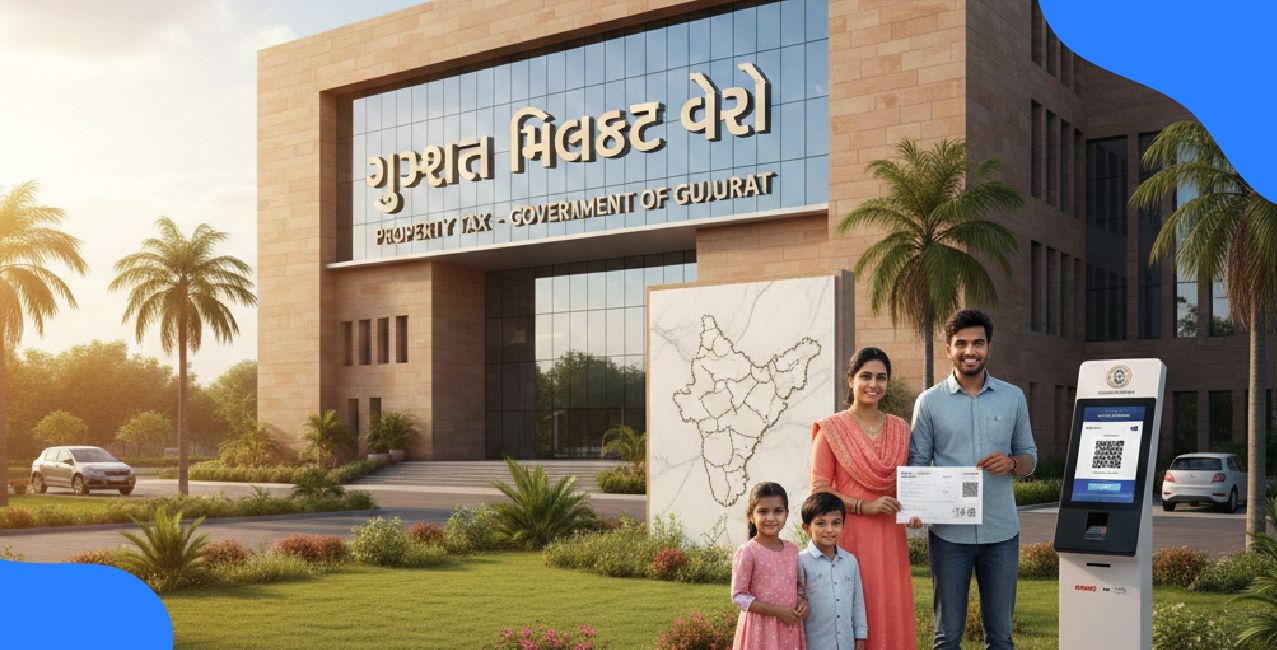
Property Tax Gujarat – Rates, Calculation, Payment Process & Complete Guide
Recent Blogs
All Topics
Contents
Quick Apply Loan
Consolidate your debts into one easy EMI.
Takes less than 2 minutes. No paperwork.
10 Lakhs+
Trusted Customers
2000 Cr+
Loans Disbursed
4.7/5
Google Reviews
20+
Banks & NBFCs Offers
Other services mentioned in this article
.png)
